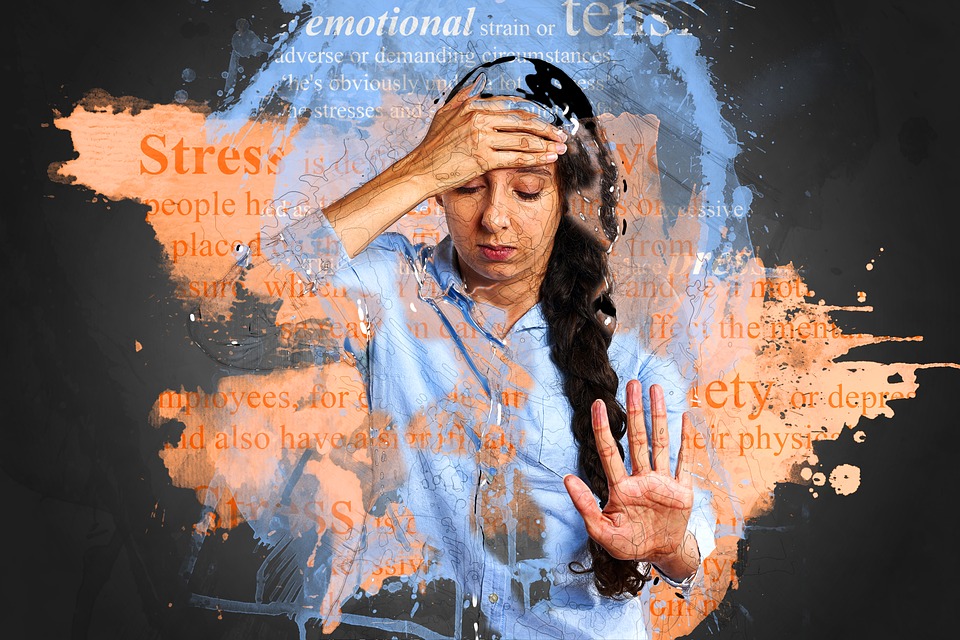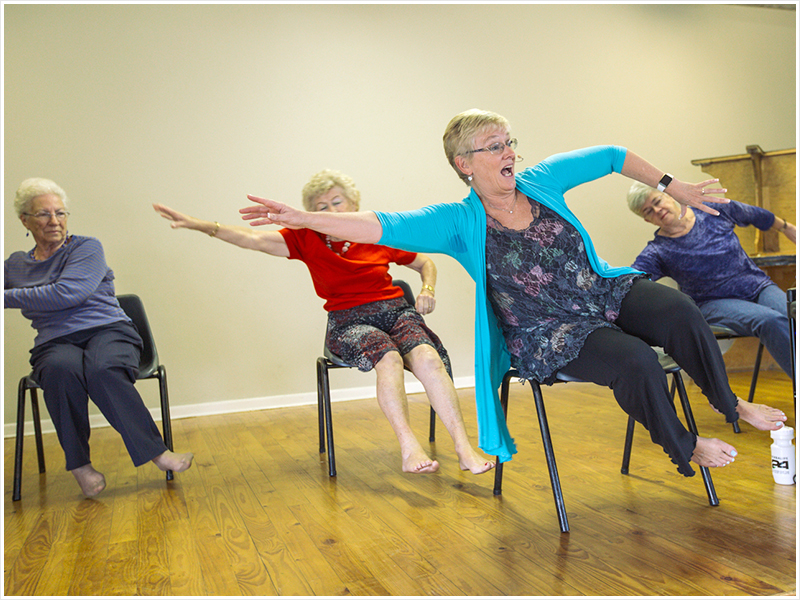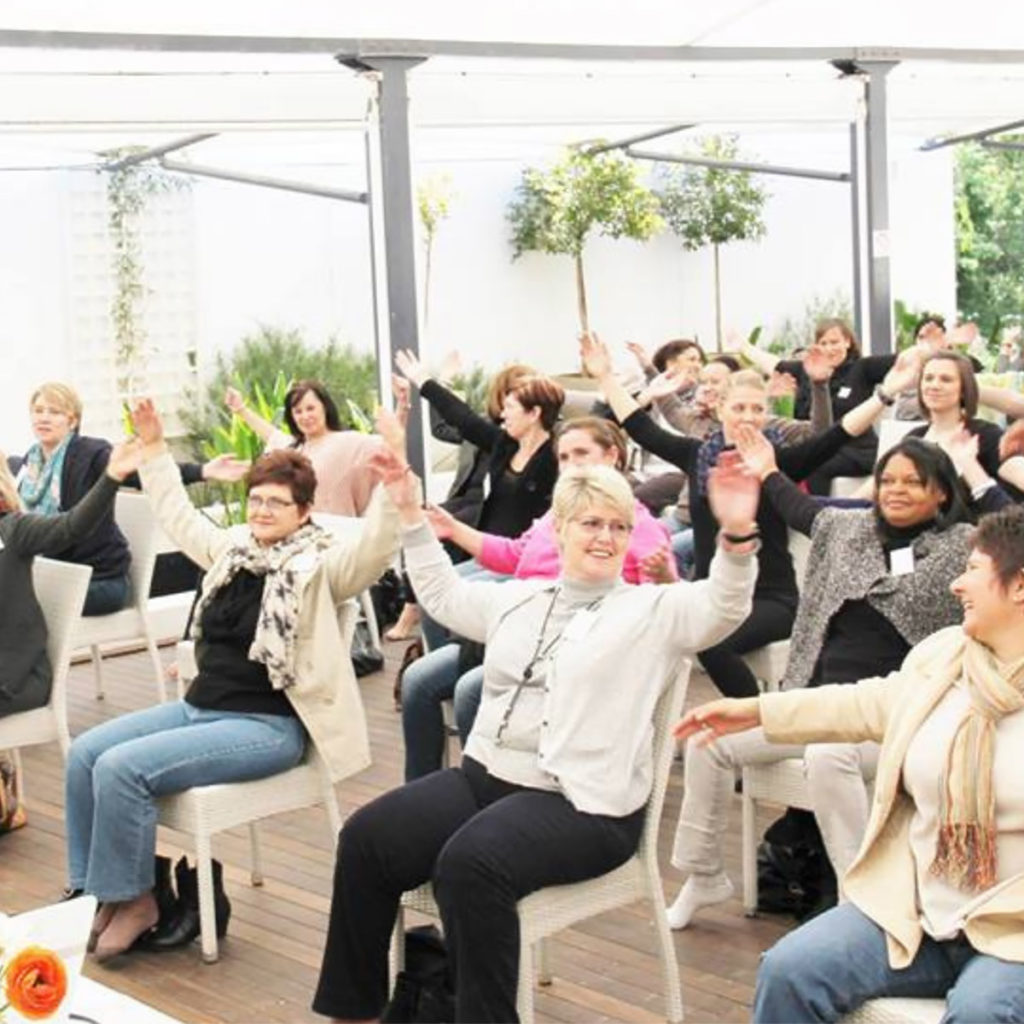The Physical Effects of Anxiety and How to Stop Worrying So Much
We live in a hectic world. The speed at which news used to be reported seems like a snail’s pace compared to the 24-hour news cycle that is our current reality. Add to this the stresses of family life, staying healthy, work challenges and a myriad of other headaches that modern life presents, and chances are you have felt anxious. Unfortunately, feeling anxious and worried has also become an accepted part of life, but being in a state of constant worry is not normal – nor is it healthy. According to the National Institute for Mental Health, over 40 million Americans have suffered from an anxiety-related disorder. The physical effects of anxiety can be at best, a nuisance, and at worst, a devastating drain on your quality of life and health.
The Physical Effects of Anxiety
 Worrying too much triggers your nervous system to release stress hormones that affect almost every part of your body – including your brain. Excessive anxiety can cause or contribute to a number of health problems including, but not limited to:
Worrying too much triggers your nervous system to release stress hormones that affect almost every part of your body – including your brain. Excessive anxiety can cause or contribute to a number of health problems including, but not limited to:
- Suppressed immune system
- Severe muscle aches and tension
- Migraine and tension headaches
- Digestive disorders: nausea, stomach pain, ulcers, acid reflux, constipation, diarrhea
- Nervous energy / trembling or twitching
- Rapid breathing / Shortness of breath/difficulty breathing
- Excessive sweating
- General fatigue
- Fast heartbeat, premature coronary artery disease, heart attack
- Depression
- Suicidal thoughts
- Short-term memory loss
- Loss of libido
- Difficulty or inability to concentrate
- Irritability
Clearly, the physical effects of anxiety are very serious – but don’t let this become something else to worry about! There are a number of things you can do to ease stress and reduce the negative physical effects of anxiety on your body and brain.
The Physical Effects of Anxiety and How to Stop Worrying So Much
Exercise!
Our favorite way to alleviate worry is to get moving! One of the reasons we do 10 minutes of Ageless Grace exercises every single day is because it helps to reduce the stress in our lives. Some of the exercises are so silly and the music is so lively and fun that we often burst out into laughter – another great stress reliever.
All of the 21 Tools help to reduce anxiety because all exercise is beneficial, but a few of our Tools are particularly good for reducing tension and bringing out your sense of humor:
Exercise Tool #6 Try Chi
Joint Stability, Eye-Hand Coordination, Breathing
Exercise Tool #7 Yo Baby!
Flexibility, Alignment, Joint Stability
Exercise Tool #9 Gentle Geometry
Coordination, Neural Response, Multi-skilling, Sense of Humor
Exercise Tool #14 Saving Face
Stimulation and Coordination of Facial Muscles, Headache Relief, Release of TMJ and other Tension, Sense of Humor
Exercise Tool #16 Breathe Out Loud
Oxygenation of Cells (bloodstream, muscles, brain), Sense of Humor, Stress Relief
Exercise Tool #18 Shake It Up Baby!
Nervous System Stimulation, Skin, and Connective Tissue Health, Agility
Turn off the television and shut your laptop!
As already mentioned, the news cycle is incredibly stressful. One terrible thing after another is reported – murder, earthquakes, a missing child – the bad news goes on and on. We aren’t suggesting that you put your head in the sand. We are suggesting that you become more aware of how the medium affects your brain and body. Maybe all the flashy graphics and loud noises on the screen are stressful to you. A newspaper, news website, or even the radio may be a better way for you to stay informed. And give yourself permission to take a break for a few days. The news will still be there when you decide to re-engage.
Diet
 Your diet can have a profound effect on anxiety levels. If you aren’t eating healthy, your body doesn’t have the building blocks it needs to perform optimally. If it is difficult for you to eat well, then make sure you are taking vitamins and supplements. Food is the best way to get the nutrients you need, but vitamins are a good backup plan.
Your diet can have a profound effect on anxiety levels. If you aren’t eating healthy, your body doesn’t have the building blocks it needs to perform optimally. If it is difficult for you to eat well, then make sure you are taking vitamins and supplements. Food is the best way to get the nutrients you need, but vitamins are a good backup plan.
Many Starbucks lovers will wince, but it is also important to cut back on caffeine. Caffeine is a stimulant and it can make you even more anxious or jittery than you already are. Take baby steps in cutting back on coffee – replace half of your coffee with decaf. If you are a tea drinker, try drinking green tea half of the time.
Identify Personal Rituals that Give You Pleasure and Calm Your Mind
Listening to calming music, taking a long hot bath, going for a walk in the park, laying for 5 minutes in the sunshine, meditating in a quiet space, lighting a candle before journaling, spending time with friends – all of these are things that can calm the mind and make you feel joy.
Take some time to make a list of things that make you feel happy and calm. Keep the list handy for a week and add to it anytime you think of something. Now, print out several copies of your list and place it where you will see it the most: at your desk, on your mirror, on your refrigerator, etc. The goal is to get more of this goodness into your life. And for once, your ‘to do’ list won’t be stressful!
Anxiety Disorders
Of course, there are anxiety disorders that cannot be mitigated alone. If you feel you need help, please reach out to your doctor or make an appointment with a therapist. If this feels too difficult, then turn to a trusted friend or family member who can help you make an appointment to get the help you deserve.


